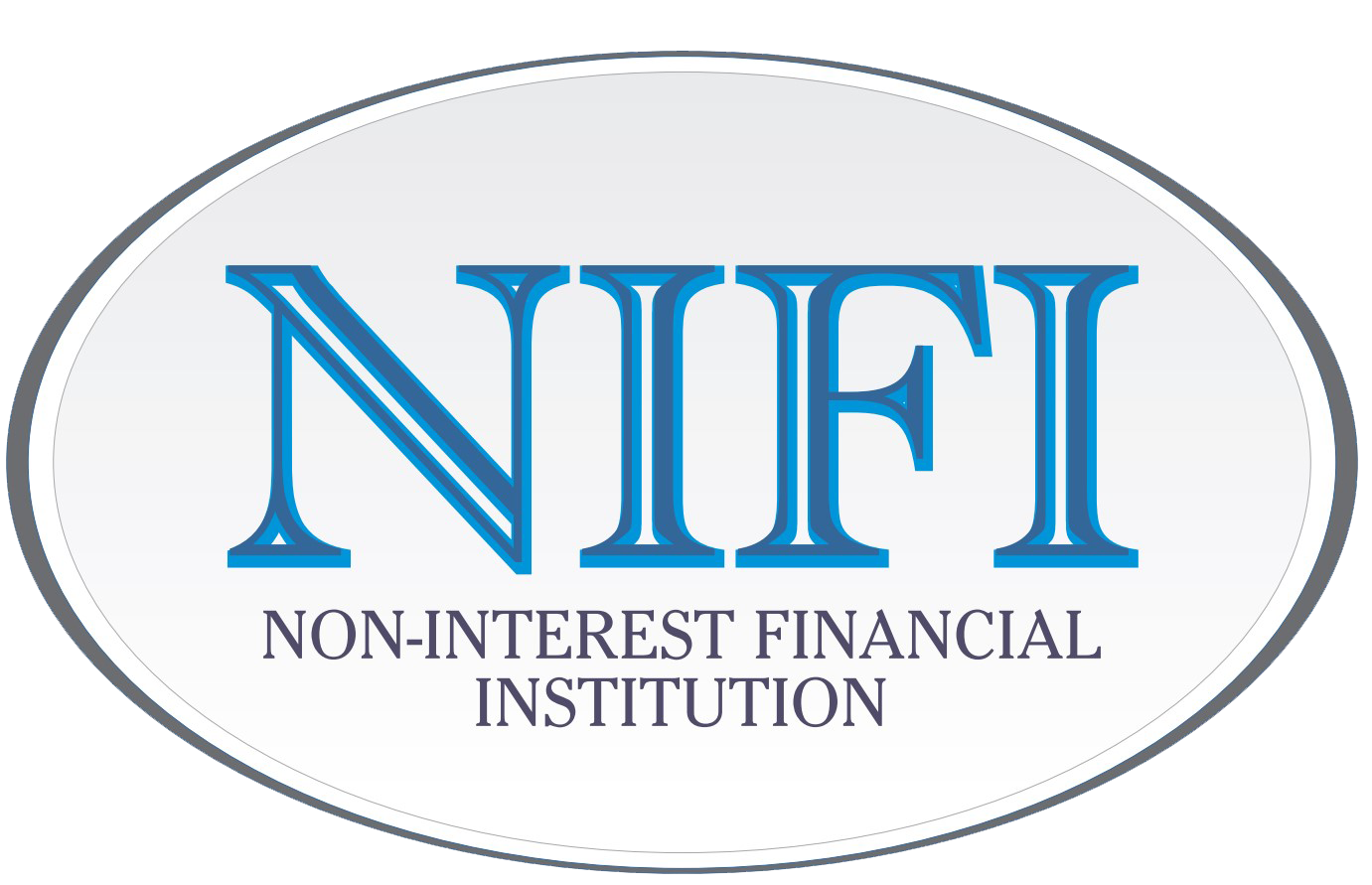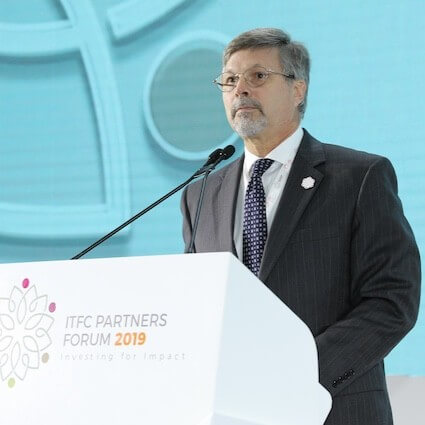1.1 Credit and Credit Reports
Before we get started, let’s simplify credit.
Imagine Tolu, a teacher who works hard at a school next to Iya Abeke’s food place. Every day, Tolu eats lunch there. Sometimes he pays right away, but other times, Iya Abeke lets him pay later.
Since May started, Tolu hasn’t been able to pay Iya Abeke. She’s nice and understands, thinking maybe Tolu’s school hasn’t paid him yet.
What Iya Abeke did for Tolu is called credit.
What is Credit?
Credit is when someone trusts you to get things now and pay for them later. It’s like when a store lets you take something without paying right away, with an agreement that you’ll pay them back later.
But then, what is a credit report?
One day, after eating his usual meal, Tolu goes to Madam Mary’s store, Iya Abeke’s neighbor, and asks for a drink but wants to pay later. Madam Mary, being loud, yells at Tolu, “You still owe Iya Abeke money, and now you want more for free?”
What Iya Abeke did to Tolu in front of Madam Mary is like a credit report.
A credit report is like a report card for a person’s money habits. They show how someone handles their money and personal info and tell if a person is good at paying bills on time.
Credit reports are important and greatly impact your financial health positively or negatively. If you always pay your bills on time, your credit report will look good. But if you often forget or don’t pay, it will show that too.
“How did Madam Mary know about his Credit Score?” Tolu thought.
As Tolu took his walk of shame out of Madam Mary’s shop, he was lost in thoughts. Did Iya Abeke talk to Madam Tolu about his debts?
What Madam Mary did to Tolu was because of his credit score.
What is a Credit Score?
A credit score is a three-digit number ranging from 300 to 850. It indicates the level of risk involved with granting credit facilities to customers. The lower the credit score is, the higher the risk which shows that the person may default in repayment and vice versa.
It is a prediction of your credit behavior, such as how likely you are to pay a loan back on time, based on information from your credit reports. It is like a guess about how you handle money and predicts if you’ll pay back credit facilities on time, using information from your credit reports. Keeping a good credit report is important!
The relevance of a good credit score is that it helps you build a good relationship with banks and other financial institutions.
The scores are ranked as excellent credit (720 and above), good credit (690 – 719), fair credit (630 – 689), and bad credit (300 – 629).
Just because we don’t want you to end up like Tolu, we put together a few things you should and shouldn’t do.
Here are a few things you should do;
- Pay your bills on time.
- Make a budget and stick to it as this helps you to put your finances in order.
- Don’t borrow too much money.
- Read everything carefully before you sign.
- Be careful about those asking to “fix” your credit. The only thing that can fix your credit report is time and a positive payment history.
Here is a list of things you shouldn’t do;
- Don’t be late paying bills.
- Don’t spend more money than you have. Realize that there’s a difference between needs and wants.
- Don’t ask for more credit if you already owe money.
- Don’t close a credit account you’re using, as it can make your credit score lower.
Every Nigerian is entitled to one credit report from an accredited Nigerian credit bureau. You don’t need to wait for your debts to pile up like that of Tolu, you can check your credit score from anywhere.
Here are some ways you can check your credit score.
- From the First Central Credit Bureau here.
- From CRC Credit Bureau here. OR
- From the Credit Registry here.
In all, it is important to keep in mind that your Credit Report and your Credit Score ALWAYS affect your Credit facility applications. It is the first thing financial institutions look out for when reviewing your credit application.



